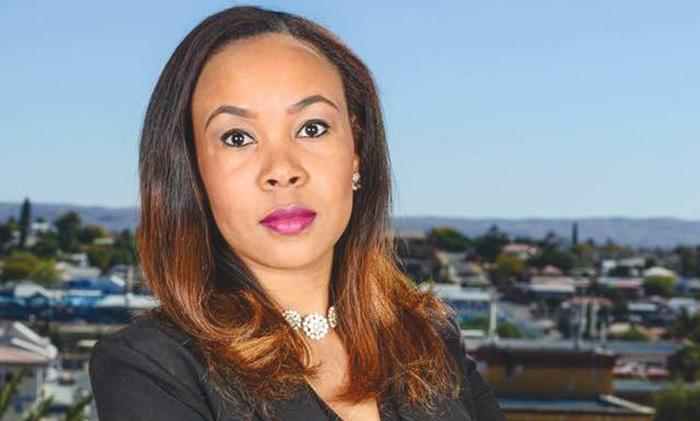
Your house is your most valuable asset – protect it!

Thomas Slabbert, Head of FNB Home Loans.
“For most people, your home is the biggest asset you own in your lifetime and one that can create long term wealth, if handled correctly.
Not fulfilling your bond repayments will not only jeopardise this important asset, but can also have an adverse effect on your entire financial life including your credit record, “ the bank said.
“Purchasing and owning a home is a good way to build wealth, however home owners need to make every provision possible to repay their bonds, even when faced with financial difficulties” said Thomas Slabbert, Head of FNB Home loans.
“Missing even one bond repayment becomes a problem as there are penalties incurred and catching-up, if you are already experiencing financial difficulties, becomes a difficult task,” he said adding “defaulting on your home loan negatively impacts your credit profile, and since bond payments are an important installment, the weight of defaulting is quite serious.”
“Once you have a negative credit profile you may find this affecting your life in other ways, such as difficulty in finding employment as many employers do some credit checks before employing someone,” warned Slabbert.
The judgement remains attached to your profile for five years, making qualifying for simple things such as a cell phone contract, credit card or short-term loan very difficult for that period.
Other major issues that arise out of defaulting on bond payments include the high cost of legal fees. If a home loan account is three months in arrears institutions will usually start with some sort of legal action.
“You, as the home owner, are responsible for these legal fees which can run up to thousands of dollars if a bank needs to take a judgement against you,” he said.
In the worse situations, your property could end up on auction if you are unable to settle the arrears.
This is a lengthy process and just because the house is sold, won’t mean that you still don’t owe money.
“The home owner will still be liable for any outstanding balance if there is a shortfall after sale.
This means that not only have you lost your asset, and your home, but you still owe the remaining balance to the bank” he emphasised.
Giving advice, Slabbert said “budgeting is imperative; your bond is one of the first payments that need to be made in the month.
One of the ways to make sure that you are not tempted to miss a payment is to use a salary deduction.
Another way is a debit order as soon as your salary comes in.
This saves you time at the bank and by coming off on the day your salary hits your bank account will ensure that you know exactly what you have left for the month after your house is paid.”
“If you are able, put a bit extra into your bond when you have spare cash, not only will this create a buffer, but will save you in the long run in interest over the life of your bond.
For instance, if your bond is N$400,000 and you put only N$100 extra into it each month, you will save around N$48,800 and settle your bond a year and a half early.
“Finally, admitting you need help as soon as you realise that you are heading into financial difficulty will go a long way to protecting your home” he said.











































